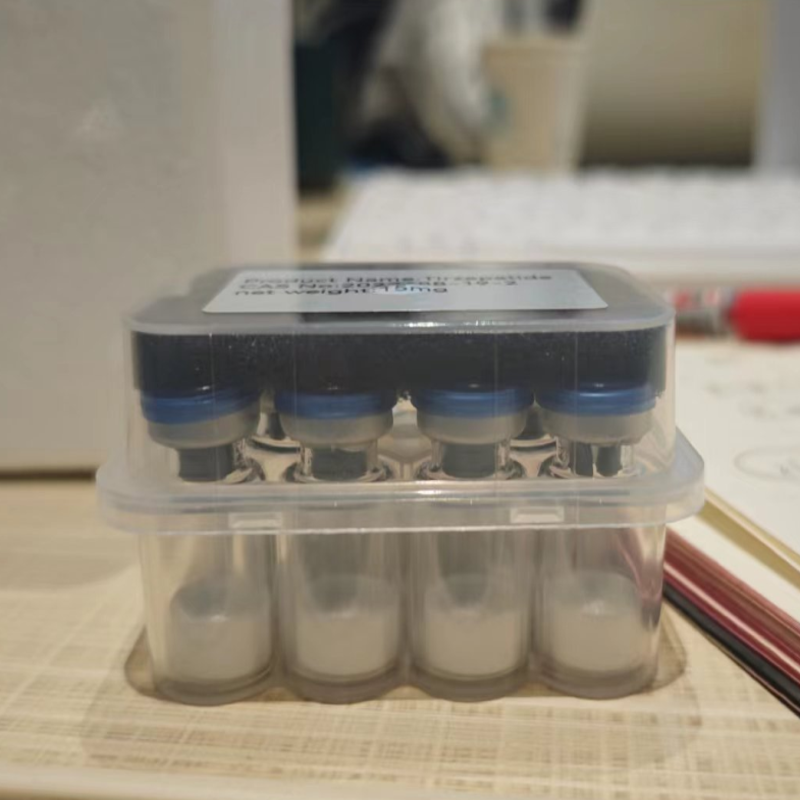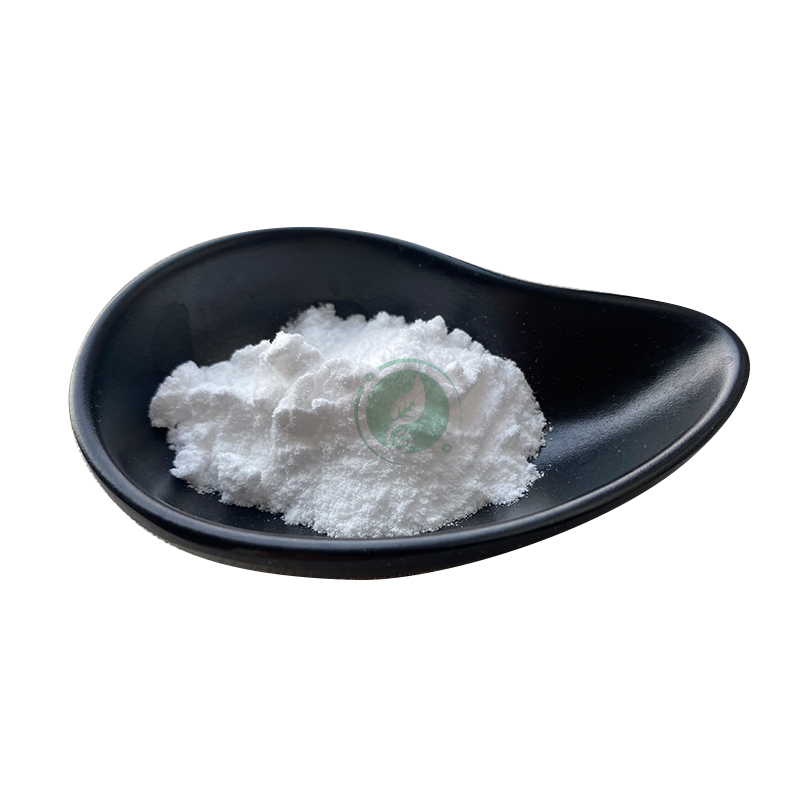-
Categories
-
Pharmaceutical Intermediates
-
Active Pharmaceutical Ingredients
-
Food Additives
- Industrial Coatings
- Agrochemicals
- Dyes and Pigments
- Surfactant
- Flavors and Fragrances
- Chemical Reagents
- Catalyst and Auxiliary
- Natural Products
- Inorganic Chemistry
-
Organic Chemistry
-
Biochemical Engineering
- Analytical Chemistry
-
Cosmetic Ingredient
- Water Treatment Chemical
-
Pharmaceutical Intermediates
Promotion
ECHEMI Mall
Wholesale
Weekly Price
Exhibition
News
-
Trade Service
The study, published in the JAMA Network Open, shows that compared with traditional methods, non-targeted metabolomics can identify more types of diseases, including diseases for which there are no clinically available biochemical tests
Currently, every baby born in the United States undergoes a newborn screening to check for serious but rare health problems at birth
Inborn errors of metabolism include disrupting the body's normal process of converting food into energy and can lead to serious conditions
Elsie, a member of the Dan L.
The researchers compared the application results of 4,464 clinical samples from 1,483 non-relative families
Elsie said: "This is a substantial improvement in the ability to diagnose these diseases
"In addition, we analyze many metabolic compounds in a single blood sample, reducing the need to collect more samples for further testing to find specific conditions
If feasible, the key advantage of this screening method is that it reduces the time it takes to make a diagnosis and start treatment
Using non-targeted metabolomics combined with genetic screening allows researchers and doctors to not only confirm the diagnosis with high confidence, but also to rule out underlying conditions
Elsie said: "We found that in our population, people with mild illnesses are more common than people with severe illnesses
Other contributors include Liu Ning, Xiao Jing, Charul Gijavanekar, Kirk Pappan, Kevin Glinton, Brian Shayota, Adam Kennedy and Sun Written by Qin
This research was partially supported by the National Institutes of Health (National Institutes of Health) T32 GM007526 grant, the Takeda American Medical Genetics and Genomics Foundation Next Generation Medical Biochemical Subspecialty Scholarship, and the Urea Cycle Disease Alliance
Journal Reference :
Ning Liu, Jing Xiao, Charul Gijavanekar, Kirk L.







